The high costs of motoring in the United Kingdom always seem to get more expensive each year that passes. This guide explains how to improve diesel miles per gallon.
Fuel price is not something that regular drivers can make any cheaper at the pump. The price of diesel continues to rise in most cases.
So, the basic running costs apply no matter whether you drive a diesel or a petrol motor.
Tady je ta věc:
There are simple steps you can take to improve diesel fuel economy and miles per gallon (MPG).
Many of our followers want to know how to maximize diesel fuel economy while driving.
Check out these top tips to help improve fuel efficiency and get more miles per gallon from your diesel car.
9 Causes of High Fuel Consumption in Diesel Engines
1. Driving with Excess Weight
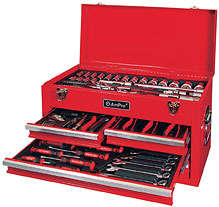
The first tip for improving diesel fuel economy is removing excess weight. Remove any unnecessary bulky and heavy items from the vehicle.
There is a whole list of common non-essential items that people leave in the boot.
Remember that snow shovel stored in the boot last winter? Do you need to carry the child buggy if the kids are staying at home? How about that bulky tool box and your golf clubs?
All these excess items make the engine work harder and that burns more fuel.
Fuel Efficiency Tip: Remove all the bits and pieces that are unnecessary for the journey. Keep essential items that you might need in the event of a vehicle breakdown.
2. Having Too Much External Drag
All vehicles need to work much harder when they have external drag attached to them. Cutting through the air becomes more difficult with extra wind resistant items. That means your car will be burning more fuel.
Items which cause external drag include roof boxes, surf boards, and bicycle racks.
Driving with vehicle windows open reduces fuel efficiency. It is best to keep all windows shut and use the vehicle air conditioning instead.
Fuel Efficiency Tip: Remove all external carrying kits like roof boxes and bike racks if you are not using them.
3. Poor Vehicle Maintenance
Not keeping your car serviced and well maintained is a common cause of high fuel consumption. A tuned engine is an efficient engine and that will help save money on fuel consumption.
- Change the oil and tune the timing to perfection at regular intervals. Getting regular tune-ups mean your car will use less diesel fuel in most cases.
- Cleaning or replacing the air filter regularly will help optimize engine performance.
- Ensure spark plugs are in good shape (where applicable) and renewed when necessary.
Statistics suggest a fine tuned engine can increase diesel fuel efficiency up to 3-5%. It may also help avoid or reduce the likelihood of common engine problems in the future.
Another common cause of high fuel consumption is driving with tyre pressures too low. Deflated tyre pressure adds strain to the vehicle engine and increases resistance. Pumping your tyres to the correct pressure will help the engine burn less fuel. You should also notice a slow down on your fuel gauge.
Tipy na úsporu paliva: Keep your engine tuned and your car well maintained and serviced. Check tyre pressures monthly and keep them at the recommended air pressure for your vehicle. Consider buying fuel saver tyres next time you replace any that get worn or damaged.
4. Vehicle Air Conditioning and Heating
When you use air conditioning (or heating) it puts an extra strain on the engine. That results in more fuel getting burnt. In fact, the car uses a lot more fuel while using the air-con at low speeds.
But, in general it is better to use the air conditioner system than rolling down the car windows. Opening the side windows increases drag and slows down the vehicle.
Fuel Saver Tip: Limit the use of heated windscreens, demisters and electrical appliances.
5. Changing Gear and Accelerating
It is best to change to a higher gear early and accelerate gently. The same advice goes for braking and avoid jerky pedal use. Increase vehicle speed gradually and use the accelerator pedal efficiently.
When you shift gears at low revolutions per minute it helps to improve your fuel mileage. As a rule, you should change up a gear before 2000 rpm with a diesel engine and before 2500 rpm in a petrol version. But, engines that struggle at low revs will increase fuel consumption for the vehicle.
![Improving Diesel Fuel Economy: Poor Engine Stop/Start Use]() 6. Poor Engine Stop/Start Use
6. Poor Engine Stop/Start Use
Engine stop-start technology gets fitted to most modern cars. But, you must work it properly to get the best miles per gallon for your car.
Idling with a heavy foot on the clutch means the engine burns fuel faster. Lift up your foot and you start to save fuel and money.
Fuel Saving Tip: When the engine idles your car produces 0 mpg. Idling longer than 10 seconds will use more fuel than re-starting the engine.
7. Disobeying the Speed Limits
Expert research shows that driving at 80 miles per hour uses up to 25% more fuel than driving at 70 mph. Keep your speed stable, consistent, and use cruise control when appropriate.
Fuel Efficiency Tip: Always obey the UK Highway Code speed limits for your type of vehicle.
8. Failing to Plan the Journey
Planning a journey can save fuel — that means saving money too! Try to avoid traffic black spots and reduce your driving at busy times where possible. Using sat-nav (or a map) will help you avoid getting lost. That means you save fuel because you don’t drive further than is necessary.
Tip to Improve Diesel MPG: Drive less! Try to combine your trips so you save money on diesel fuel.
9. Not Reading the Road Properly
The Earth’s gravity can help you reduce your fuel bills. Reading the road as if you were riding a bike can also help you save fuel.
Build up natural momentum when you drive downhill. That will help you get uphill afterwards. You will need less acceleration to make the incline.
Fuel Efficiency Tip: Take advantage of gravity and look far ahead while driving. Keep moving where possible, anticipate obstacles, and avoid stopping too often.
Recent fuel hikes have had motorists around the country near-distraught over how much it will now cost to fill your tank. While fuel has certainly never really been ‘cheap’ in Australia, the steep increase in the price per liter is enough to make even the staunchest diesel fan pause – but the good news is that there are various ways of maintaining and controlling your fuel mileage!
Changing your driving behaviour may not make trips to the service station any easier (least of all on your bank account), but with our driving, maintenance, and fuel economy tips, you could save yourself a considerable amount of money on fuel each month.
Maximise your mileage with our diesel fuel economy tips below.
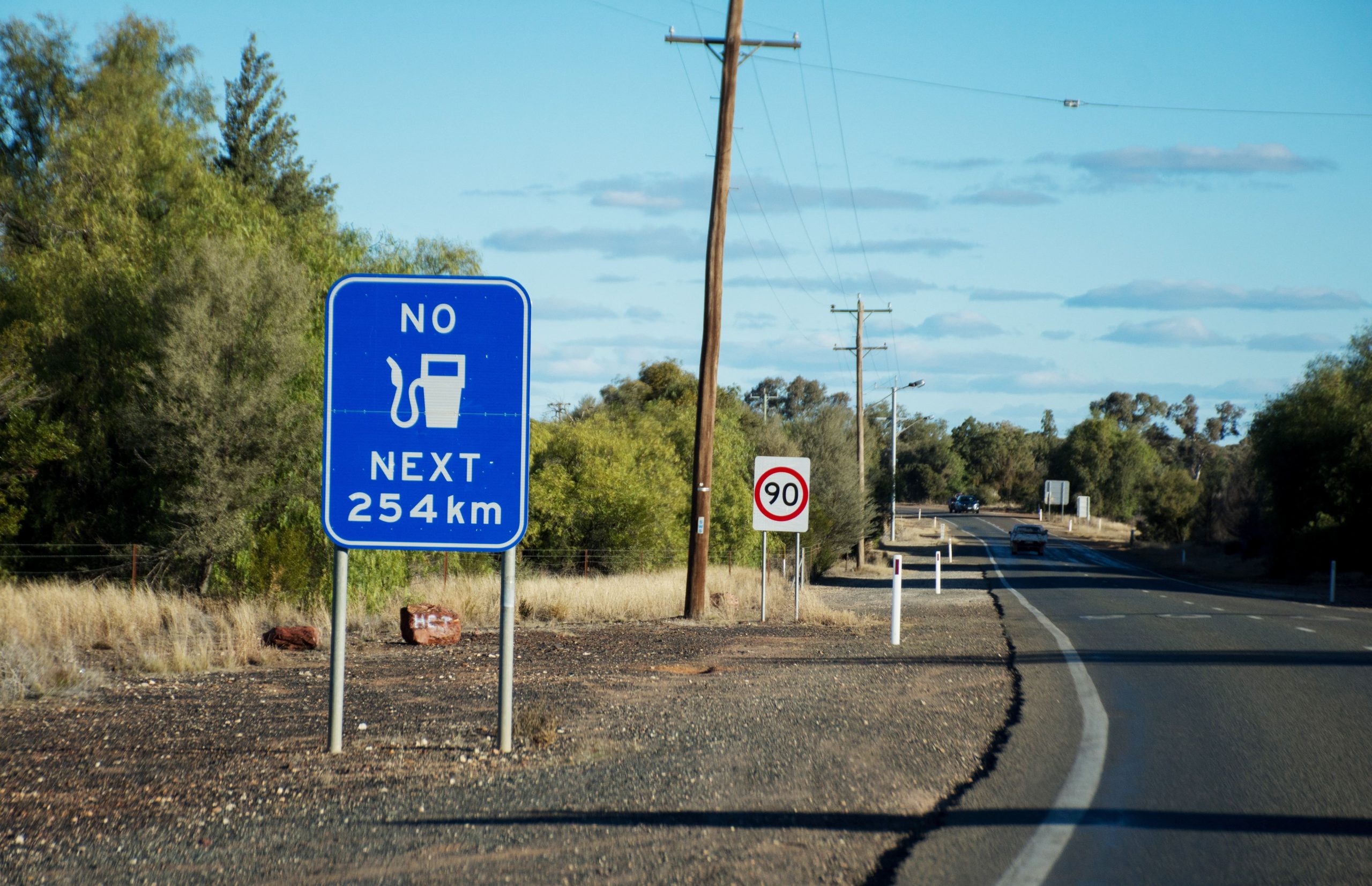
Speed Limits, More a Help than a Hindrance!
One of the most common pieces of advice given to motorists is to stick to the speed limit – and this is just as relevant for those driving a diesel car. While it’s easy to think that going a little over the speed limit won’t make much of a difference, when it comes to fuel economy it really can!
When driving at high speeds, your engine has to work much harder than it does at lower speeds, using up more fuel in the process. So by keeping your speed within the local legal limits, you’ll be using less fuel and saving money on diesel at the service station each month.
Stop Stopping and Starting
Another common piece of advice for better fuel economy is to avoid stopping and starting as much as possible. When you come to a stop, your engine has to work hard to get back up to speed, using more fuel in the process than if you maintain a consistent speed.
If you can, try and plan your trips so that you don’t have to make too many stops along the way – this will save on both time and money.
Maintain Your Diesel’s Service Intervals
One of the easiest ways to ensure maximum fuel economy is to maintain your diesel car’s service intervals as recommended by the manufacturer. This includes both regular maintenance and checking/replacing air filters as needed.
If you don’t have the time or knowledge to do this yourself, take your car in for a service at least once every six months – this will help keep your engine running smoothly and with as little friction as possible, improving fuel economy in the process.
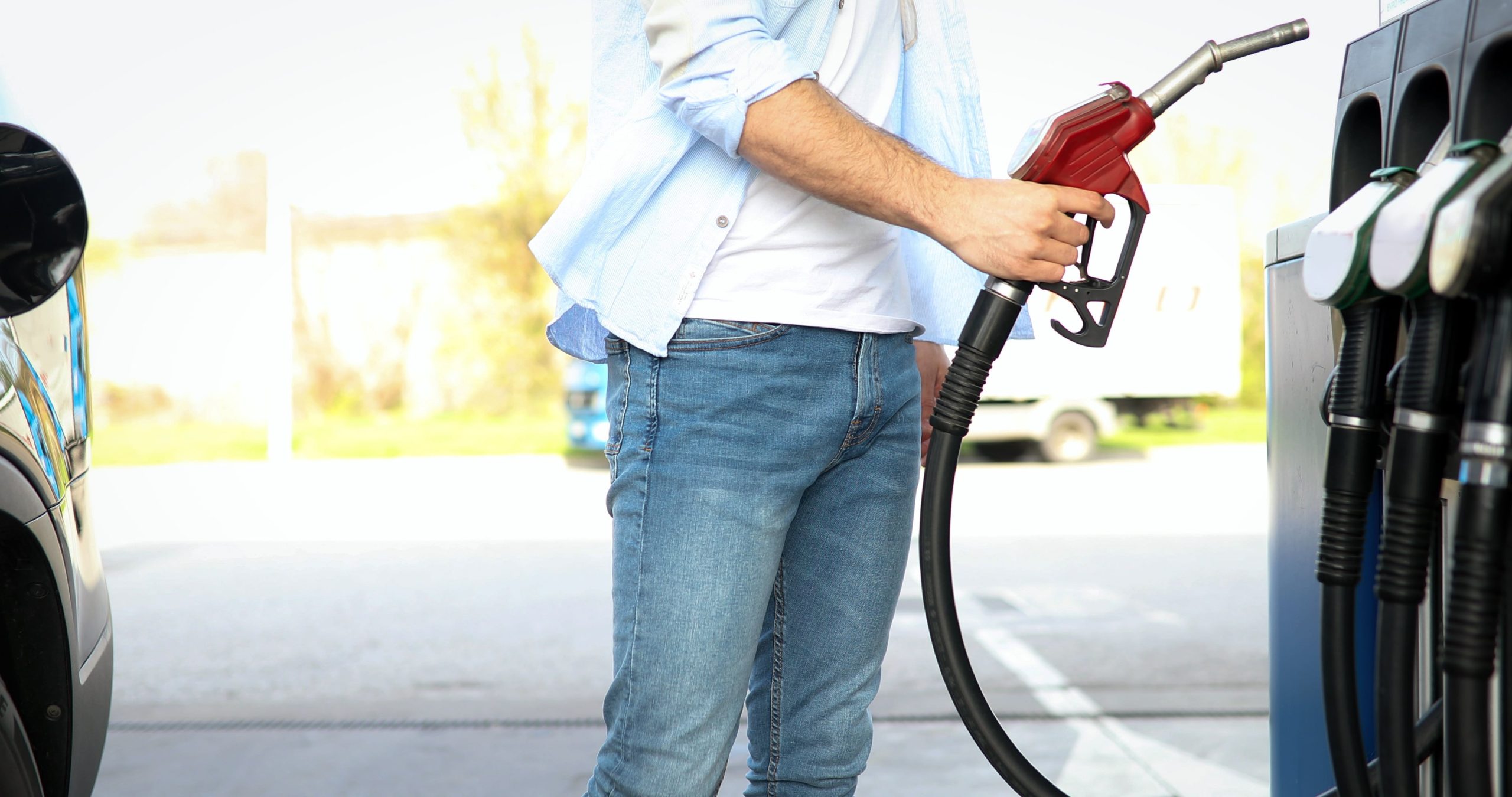
Zkontrolujte své pneumatiky
Incorrectly inflated tires can have a significant impact on a car’s fuel economy, so it’s important to check these regularly and ensure they’re properly inflated. You can find the correct inflation levels for your tires in the owner’s manual, or on the side of the tire itself.
If your tires are underinflated, this will lead to increased friction and a decrease in fuel efficiency. Conversely, overinflated tires can lead to uneven wear on the tread and an increase in fuel consumption.
Have Your ECU Custom-Tuned
If you’re serious about maximising your diesel’s fuel economy, then you may want to consider having its ECU custom-tuned. This is a process that can be done by a tuning specialist at Just Autos, and it involves adjusting various settings on the car’s engine control unit (ECU) in order to improve fuel efficiency.
While not all diesel cars can benefit from ECU tuning, those that can often see significant improvements in fuel economy – by up to 10-15%. How much your fuel economy improves by, if at all, is dependent on several factors, such as the age of your vehicle and the state of its internal mechanical components. Drivers with a heavy foot may also not enjoy the full benefit of ECU tuning for fuel economy, especially if they drive in stop-start-stop conditions!
ECU remapping is a safe and worthwhile exercise under the right circumstances. To find out if your diesel would benefit from ECU tuning for fuel economy, chat with one of the team at Just Autos.
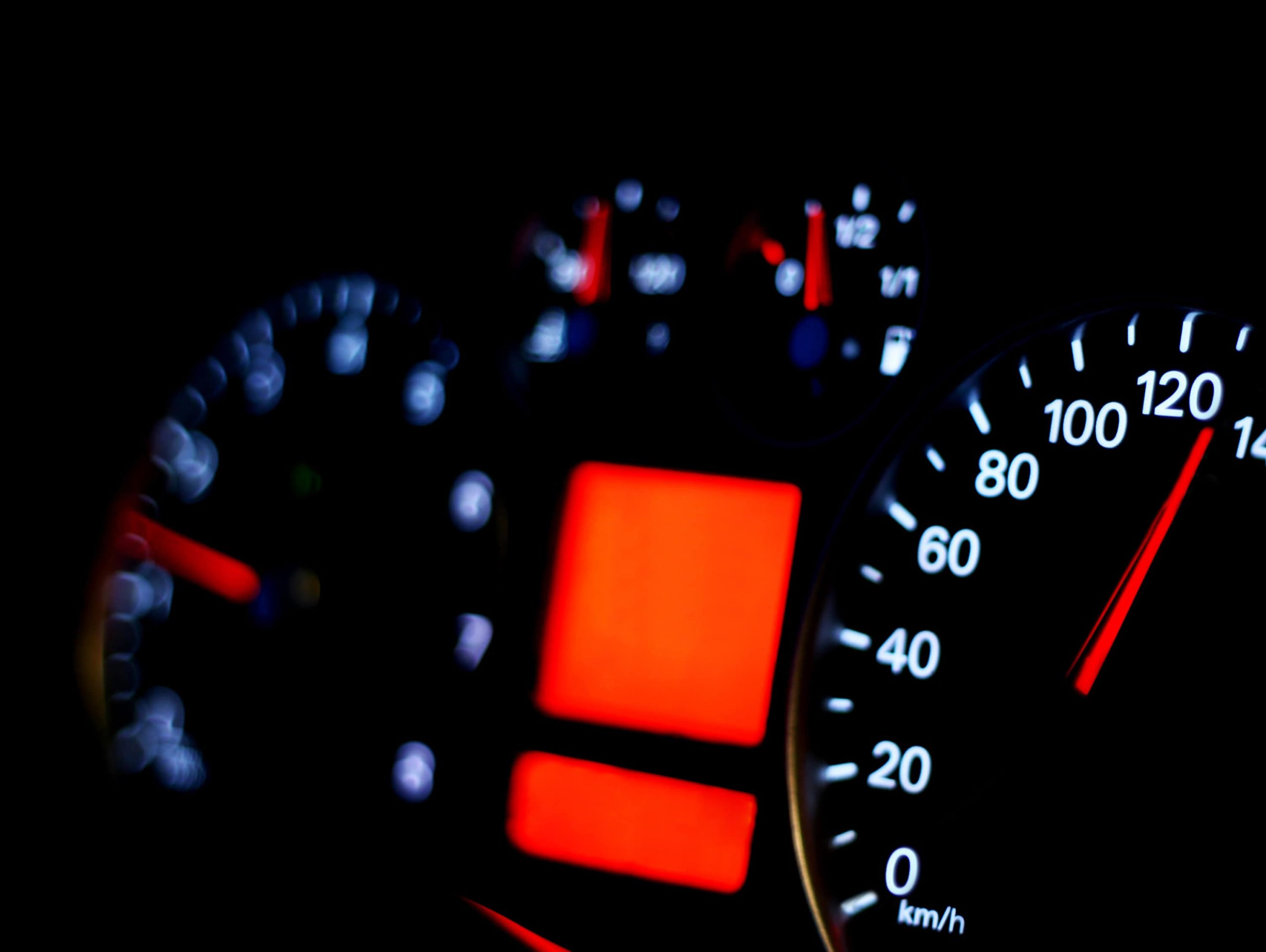
Maximise Your Diesel’s Performance
While following these tips won’t completely offset the effect of recent fuel hikes, they can help you to minimise the impact and keep your fuel costs under control. So if you’re looking to get the most out of your diesel car, be sure to follow these tips and enjoy improved fuel economy – and savings – in the process.
For more insight into how you can improve the fuel economy or performance on your diesel, contact Just Autos, the local diesel specialists. Our team can help troubleshoot any performance issues you are experiencing with your diesel and provide sound advice on how best to resolve the problem.
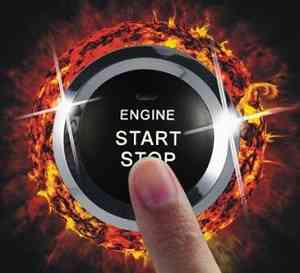 6. Poor Engine Stop/Start Use
6. Poor Engine Stop/Start Use















